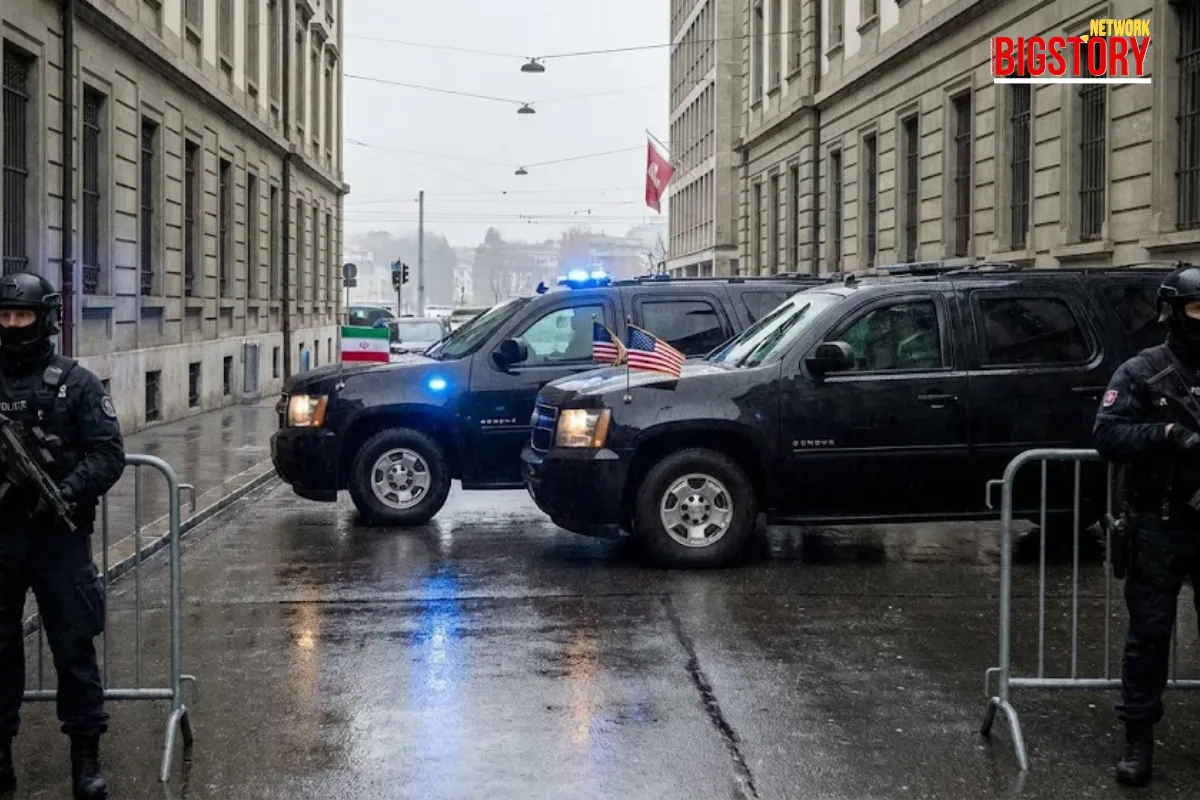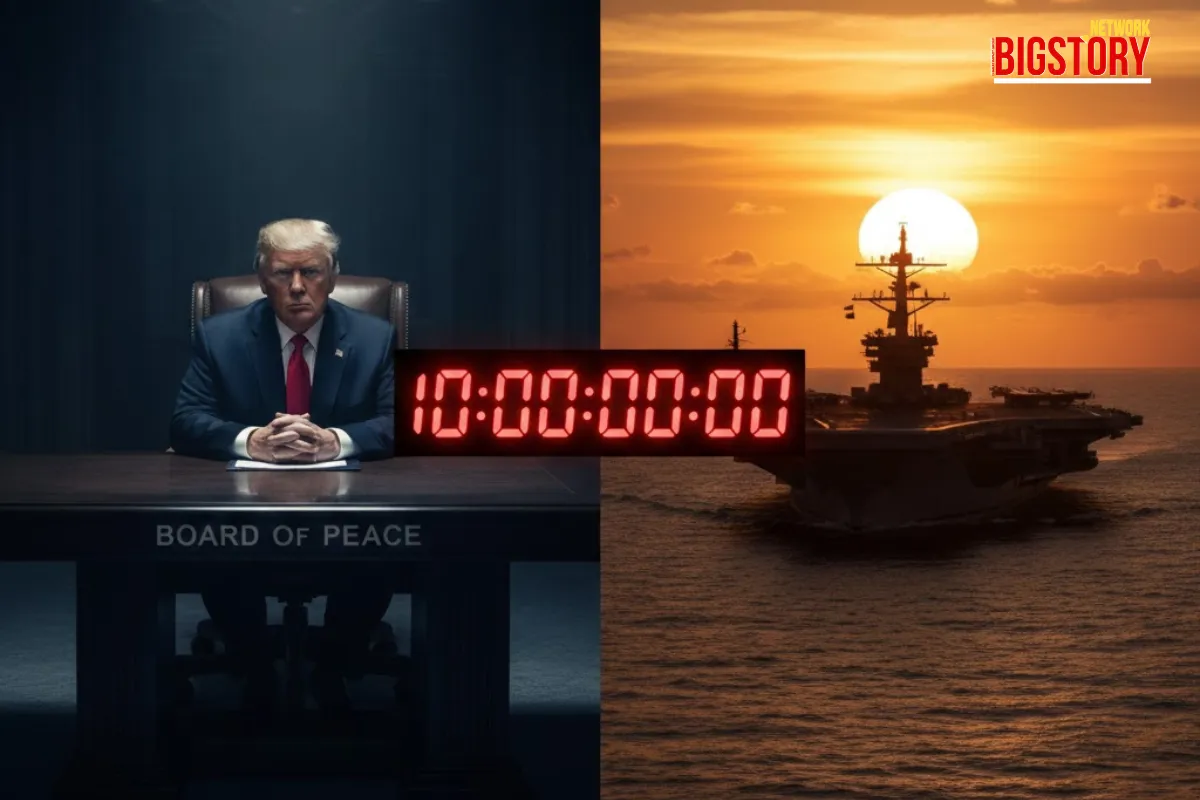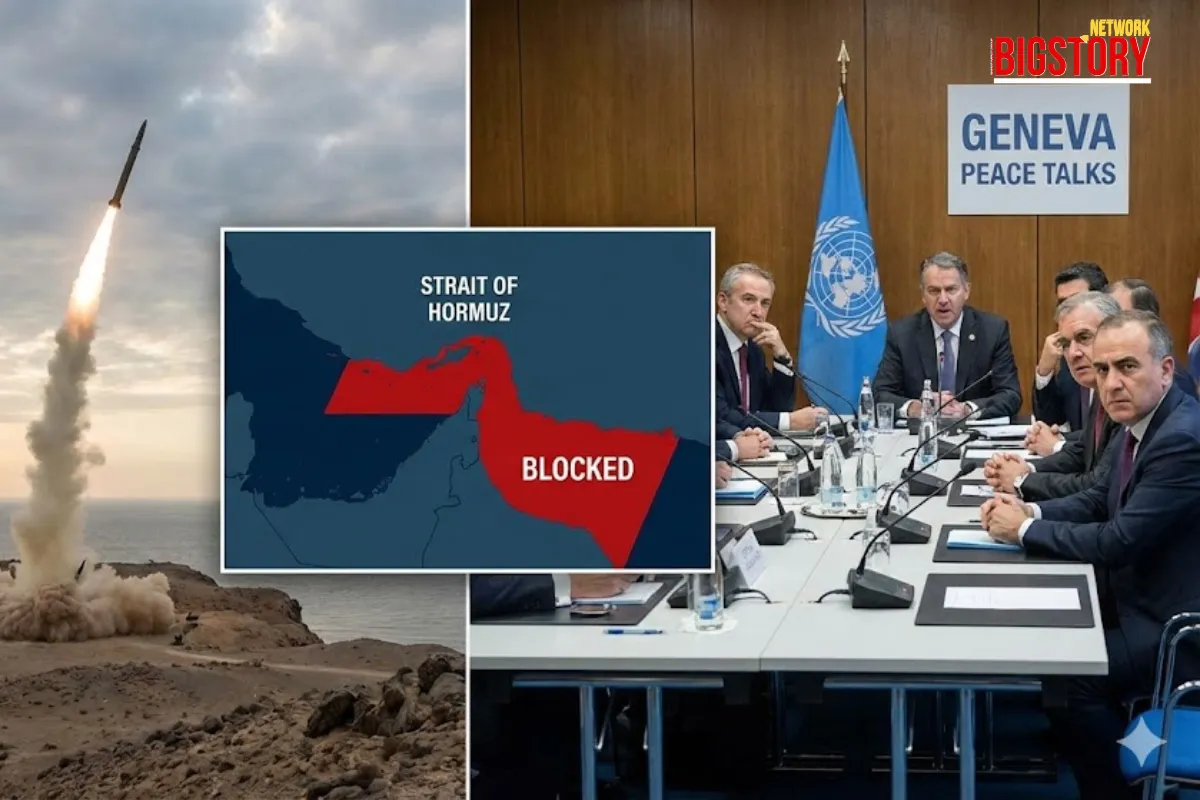Hamas seeks more time on Trump’s 20-point Gaza peace plan despite ultimatum. Internal divisions over disarmament demands complicate response.
 Sseema Giill
Sseema Giill
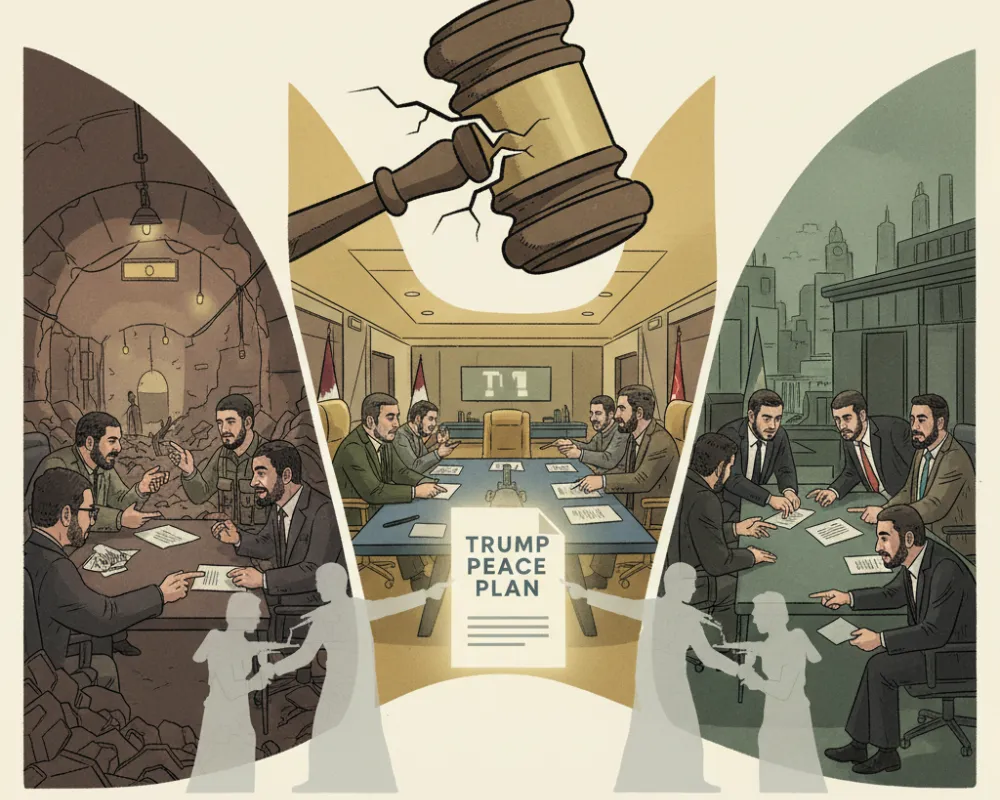
Hamas has asked for more time to review President Donald Trump’s 20-point Gaza peace proposal, defying the former U.S. president’s ultimatum of “three to four days” to respond. The delay exposes serious divisions within Hamas over disarmament demands that threaten its very identity as an armed resistance movement.
On September 29, 2025, Trump unveiled his plan at the White House alongside Israeli Prime Minister Benjamin Netanyahu, who quickly endorsed it. Trump demanded Hamas release all remaining hostages, disarm completely, and surrender control of Gaza—offering in return an Israeli withdrawal and the release of up to 2,000 Palestinian prisoners.
Trump warned Hamas bluntly: “Hamas is either going to be doing it or not, and if it’s not, it’s going to be a very sad end.”
But Hamas leaders—scattered across Gaza, Doha, and Istanbul—say they need more time, with senior official Mohammad Nazzal insisting the group “will not accept being told to take it or leave it.”
The plan envisions a “terror-free, deradicalized Gaza”, effectively ending Hamas’s rule.
Hamas is split between two camps:
Military leaders inside Gaza, led by Izz al-Din al-Haddad, reportedly reject the deal outright, arguing it is a trap designed to destroy Hamas regardless of compliance. Younger fighters echo this defiance, believing Israel is under pressure and that continued resistance could yield more gains.
Qatar, Egypt, and Turkey—longtime Hamas backers—are now pressing the group to accept. Egypt’s foreign minister warned that “if Hamas refuses, we will have more escalation.” Qatar’s prime minister reportedly told Hamas this was “the best deal he could get for them—and it won’t get much better.”
The rare consensus among Arab states reflects deep regional fatigue with Gaza’s war, which has already killed 66,000 Palestinians since Israel’s response to Hamas’s October 7, 2023 attack that left 1,200 Israelis dead.
Hamas’s hesitation underscores its existential dilemma: surrender weapons and lose its core identity, or reject the deal and risk a catastrophic Israeli and U.S. response. The longer the delay, the more fragile the plan becomes.
For Trump and Netanyahu, the strategy is clear—shift responsibility for any continued bloodshed squarely onto Hamas. For Hamas, the question is whether survival as a movement outweighs survival of its fighters and people.
1. What is Trump’s 20-point Gaza peace plan?
The proposal demands Hamas release all hostages, disarm, and hand over control of Gaza to an international transitional authority led by Trump. In return, Israel would withdraw its forces gradually and release up to 2,000 Palestinian prisoners.
2. Why has Hamas delayed its response to the plan?
Hamas faces internal divisions between leaders who want to accept for the sake of a ceasefire and others who reject disarmament as an existential threat. Its leadership is dispersed across Gaza, Qatar, and Turkey, making decision-making slower.
3. What role are Qatar, Egypt, and Turkey playing?
These countries are acting as mediators, pressuring Hamas to accept the plan. Egypt has warned of escalation if Hamas refuses, while Qatar has told Hamas the deal is likely the best they can get.
4. Why is disarmament a key sticking point?
Hamas views its weapons as central to its identity as a resistance movement. Disarmament would effectively end its military power and influence, making it the most difficult condition for the group to accept.
5. How has Israel responded to Trump’s proposal?
Prime Minister Netanyahu has endorsed the plan, though far-right members of his cabinet are skeptical. Israel insists the Palestinian Authority will have no role in Gaza’s governance under this plan.
6. What has been the international reaction?
The plan has received broad support from the U.S., EU powers, Russia, and Arab states including Egypt, Qatar, and Turkey. However, groups like Palestinian Islamic Jihad and some international legal experts strongly oppose it.
7. What happens if Hamas rejects the plan?
Trump has threatened “a very sad end” if Hamas refuses. Experts warn rejection could trigger intensified Israeli military action, with Arab mediators unlikely to shield Hamas from the fallout.



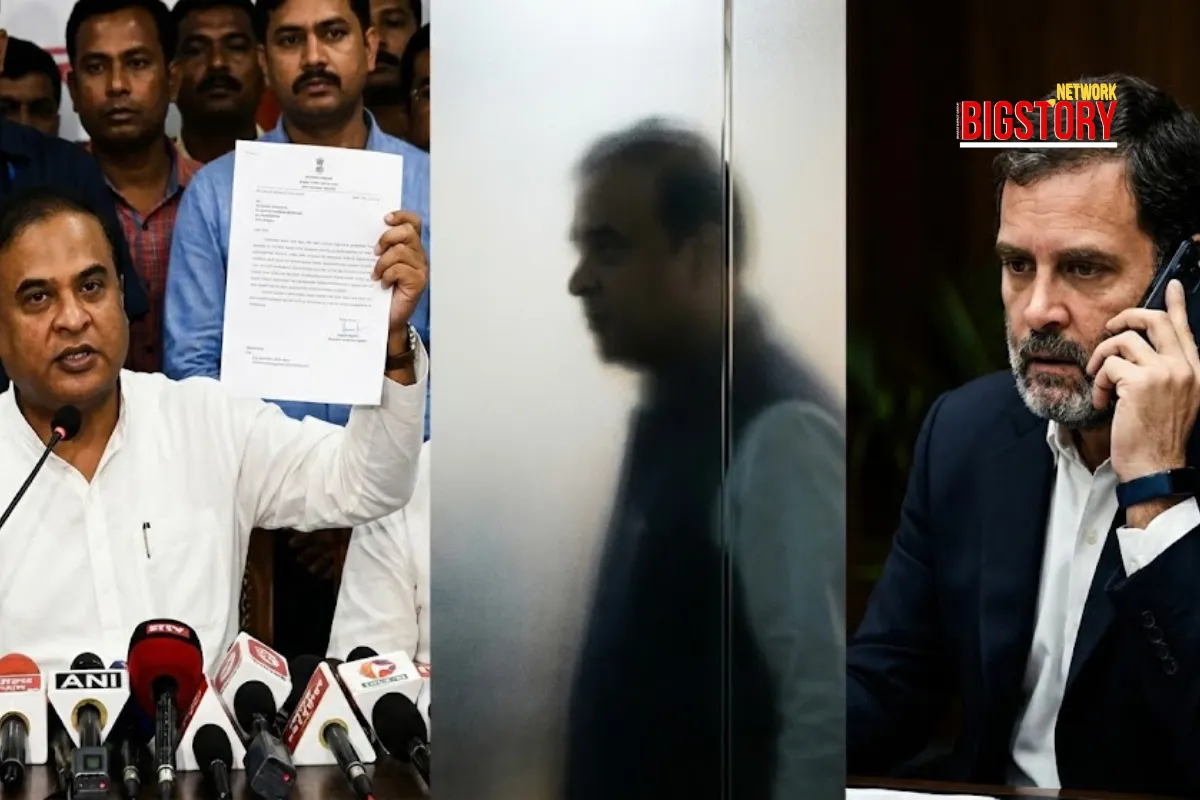


Sign up for the Daily newsletter to get your biggest stories, handpicked for you each day.
 Trending Now! in last 24hrs
Trending Now! in last 24hrs

